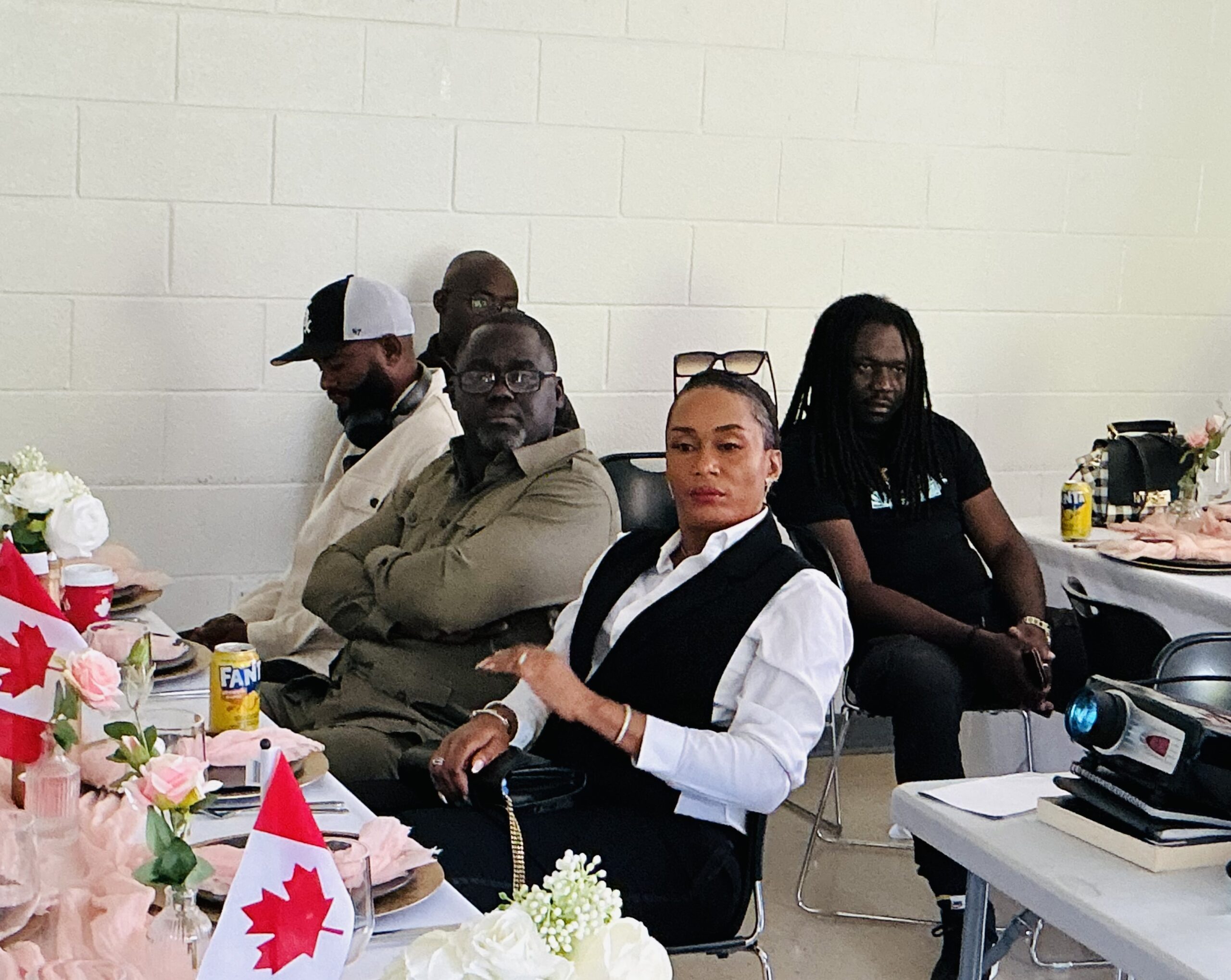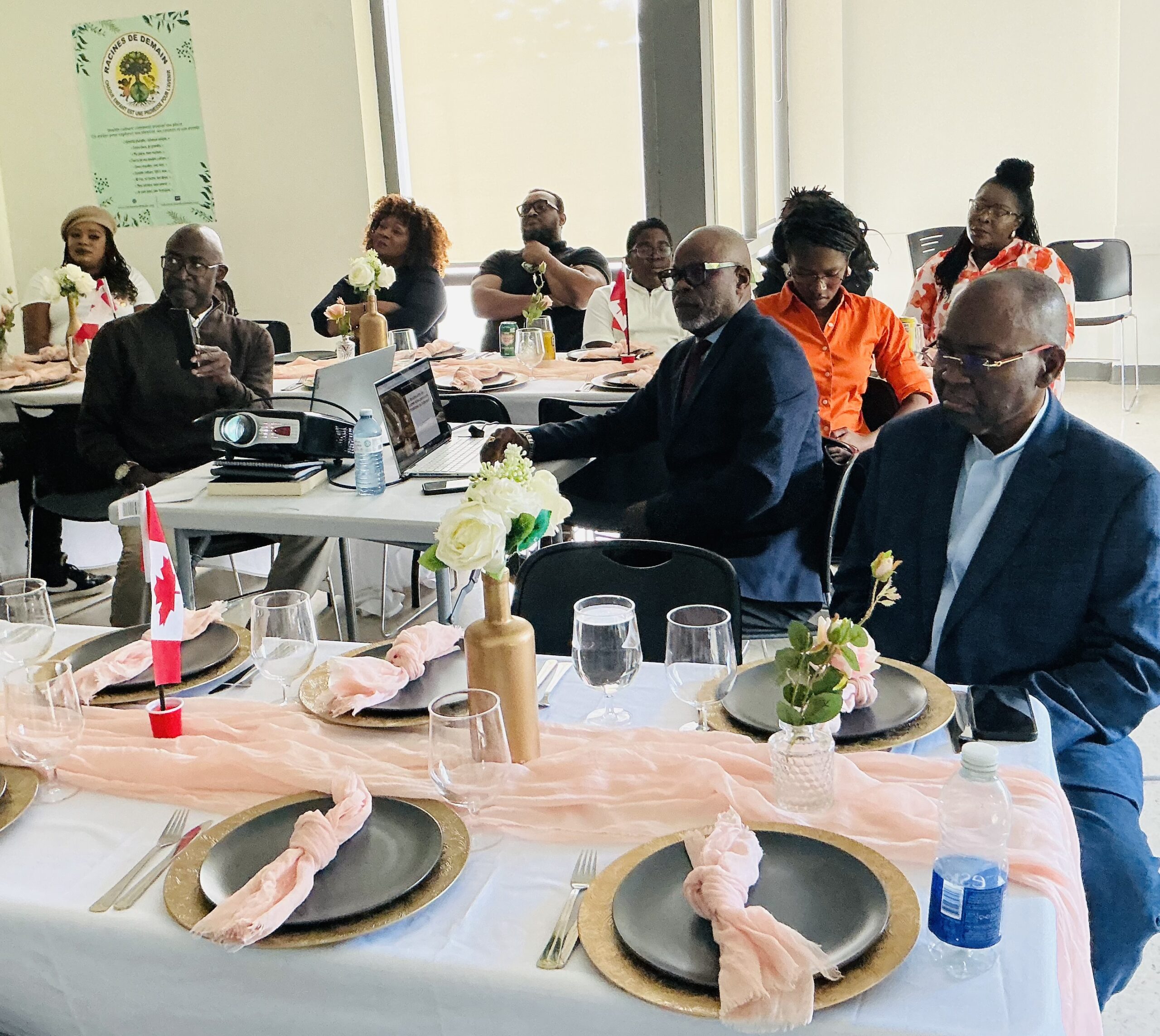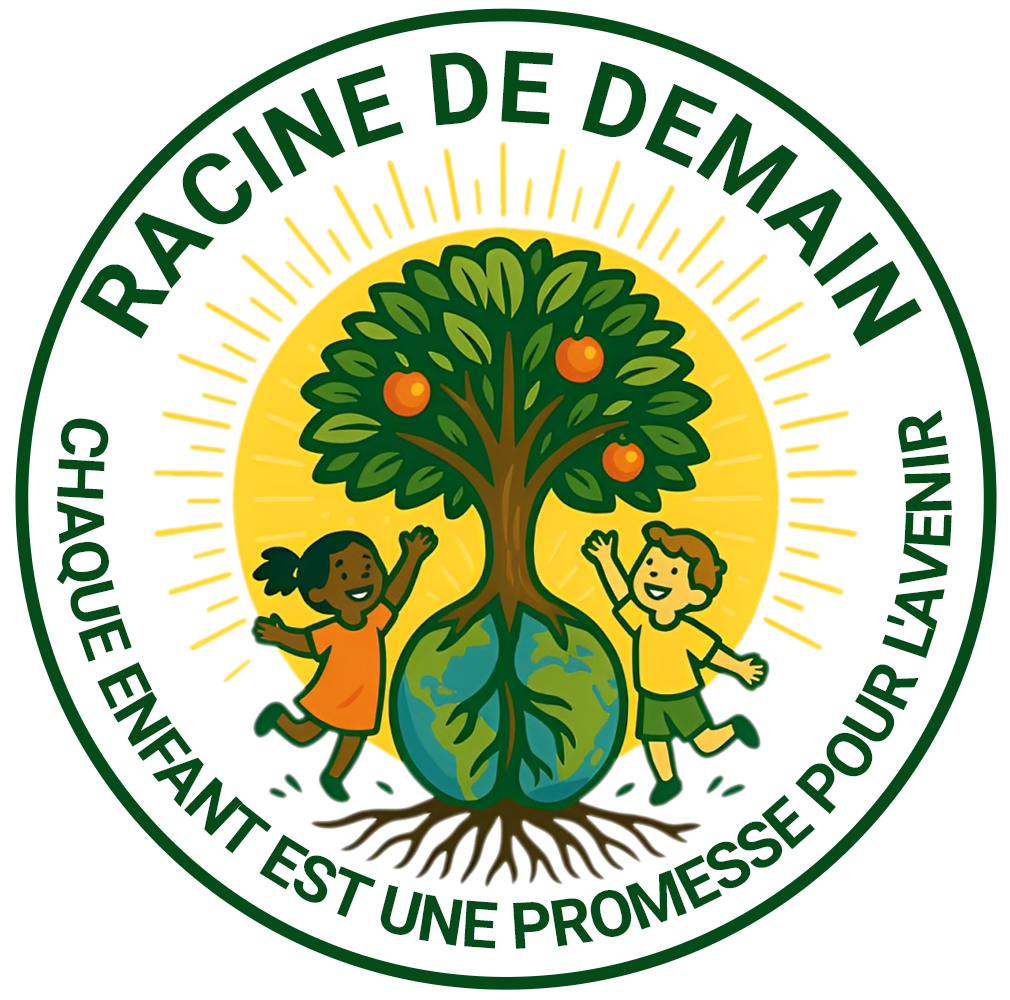As part of its official launch, Racines de Demain organized a workshop for reflection on the realities of double culture experienced by Afro-Francophone immigrant families living in a minority environment. The activity brought together parents, youth, educators, and community members for an open dialogue on the challenges related to identity building and cultural transmission. Despite some constraints linked to time management, the exchanges were rich and constructive. Recommendations were made to improve future editions and better meet the expressed needs.
August 30, 2025 – Mississauga Valley Community Centre
Racines de Demain


Create a framework for dialogue between youth and parents on issues related to double culture.
Identify the challenges and tensions encountered in families related to cultural identity.
Propose avenues for reflection and action to promote harmonious coexistence of cultures.
Gather community needs to guide the next activities of Racines de Demain.
| Time | Activity |
|---|---|
| 1:30 PM | Welcome and opening remarks |
| 1:35 PM | Presentation of the theme by Mr. Nicaises Lola |
| 2:00 PM | Q&A session |
| 4:45 PM | Practical activity (case studies) |
| 5:00 PM | Closing |
The main speaker, Mr. Nicaises Lola, introduced the concepts of culture, identity, and cultural identity. He explained how these notions intersect and influence the experiences of Afro-descendant youth.
The following points were addressed:
Double culture as a source of richness and complexity.
The importance of dialogue between generations.
The role of parents in cultural transmission.
The risks of acculturation and the feeling of alienation among immigrant adults.
Participants actively took part in the exchanges. Several key themes emerged:
Parents’ difficulty in understanding their children’s cultural references.
Social and academic pressure on young people to integrate.
Importance of creating safe spaces to address these topics.
Demand for guidance and support for families in their adaptation process.
A practical workshop session based on concrete case studies was planned, allowing participants to reflect in small groups on real-life scenarios.
Double culture is often experienced as a difficult balance to achieve.
Intergenerational dialogue is still insufficient in many families.
Young people express the need for recognition of their multiple identities.
Families are seeking culturally adapted support.
A survey was distributed following the workshop. Although the complete results are still being analyzed, preliminary feedback indicates:
General satisfaction with the relevance of the theme.
A wish for more time for interactive exchanges.
A strong demand for the continuation of this type of initiative.
This workshop highlighted the complexity of identity building among Afro-Francophone youth and the essential role of parents in this process. It also demonstrated the need to create bridges between cultures within families.
The richness of the exchanges encourages Racines de Demain to continue and strengthen this type of community gathering.
